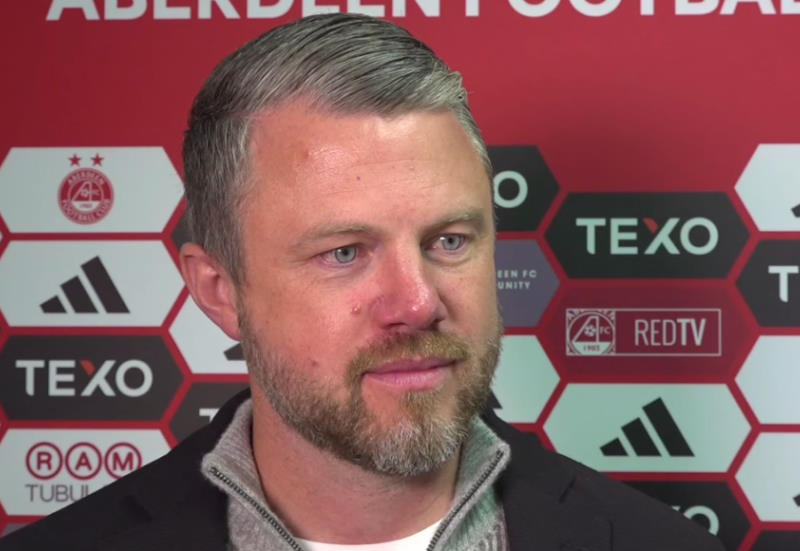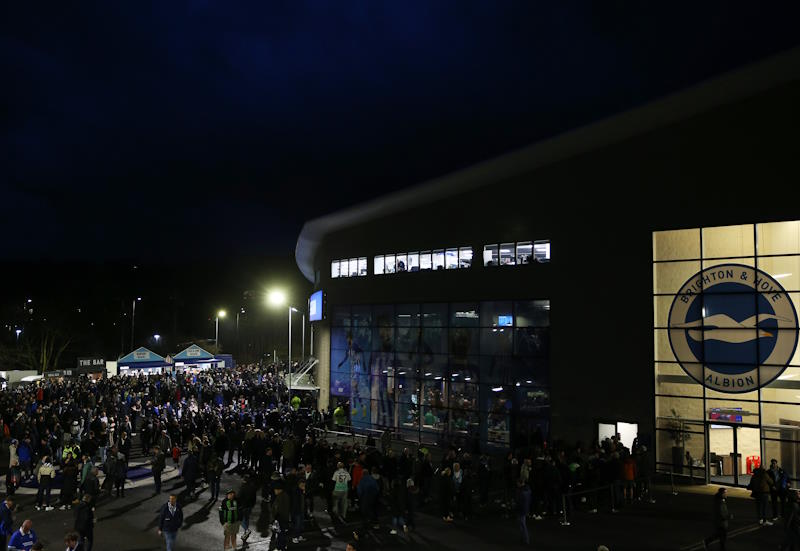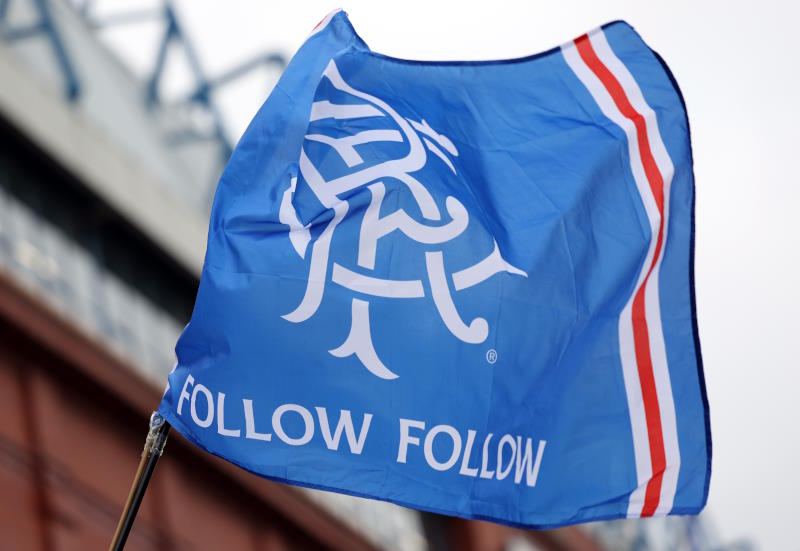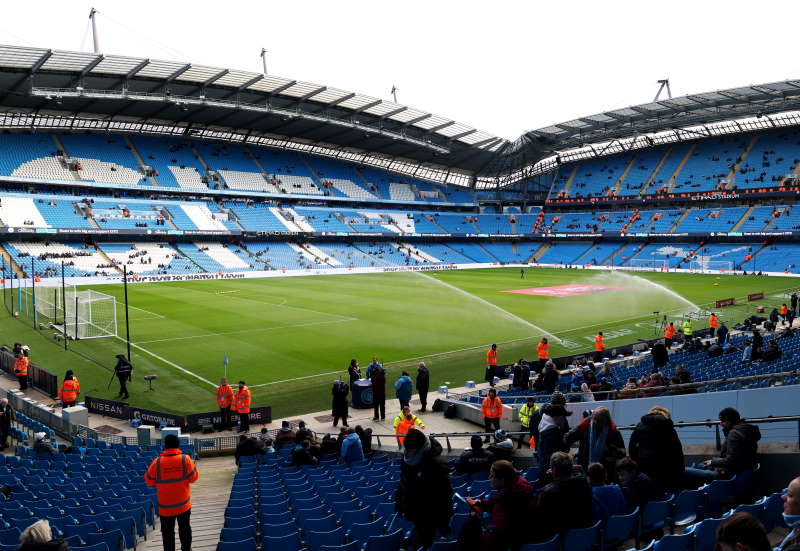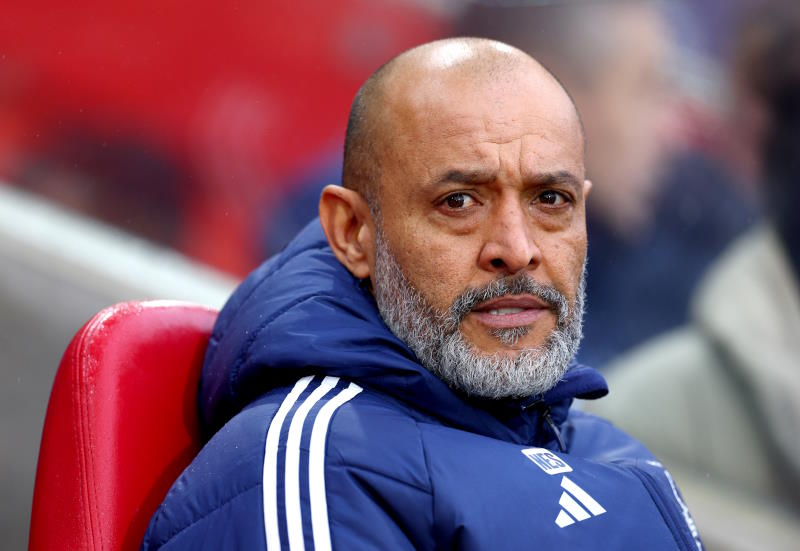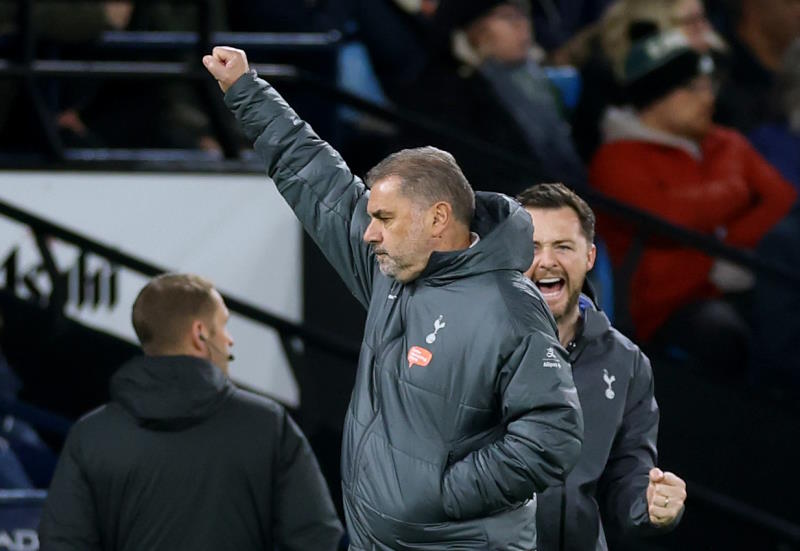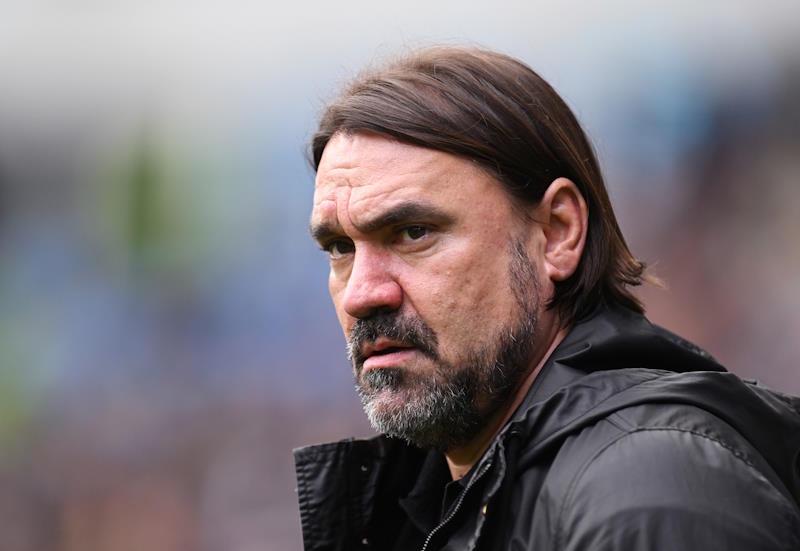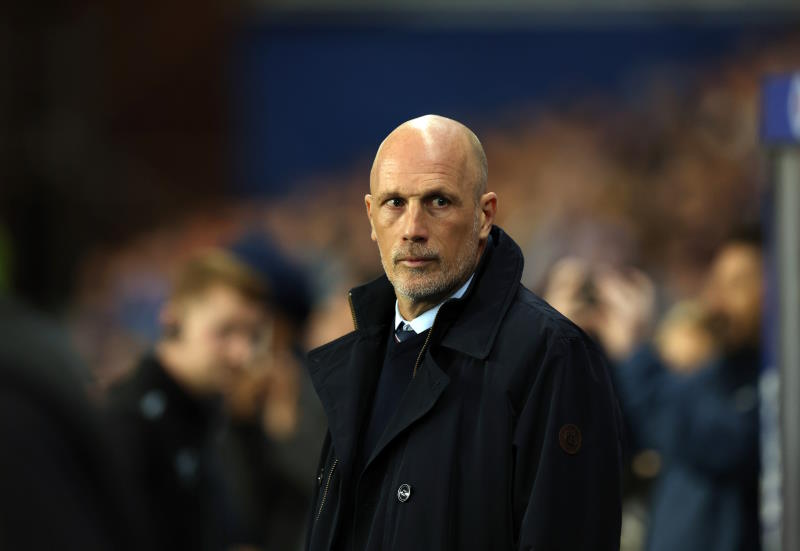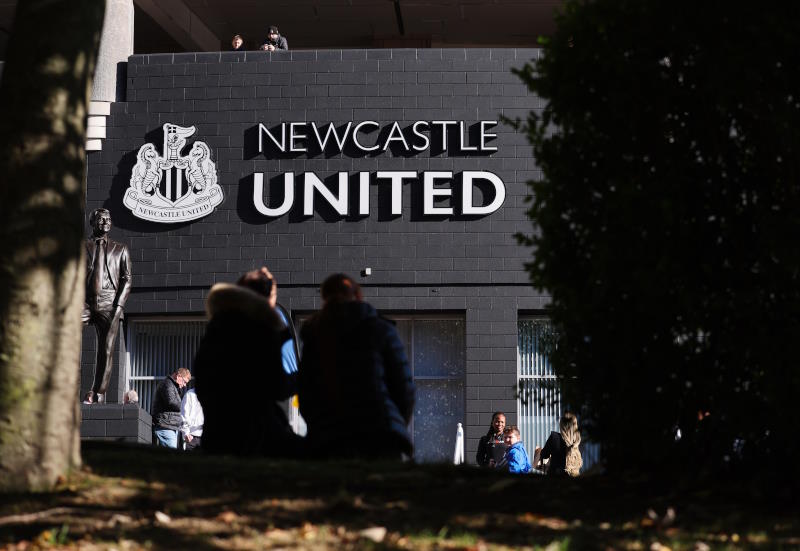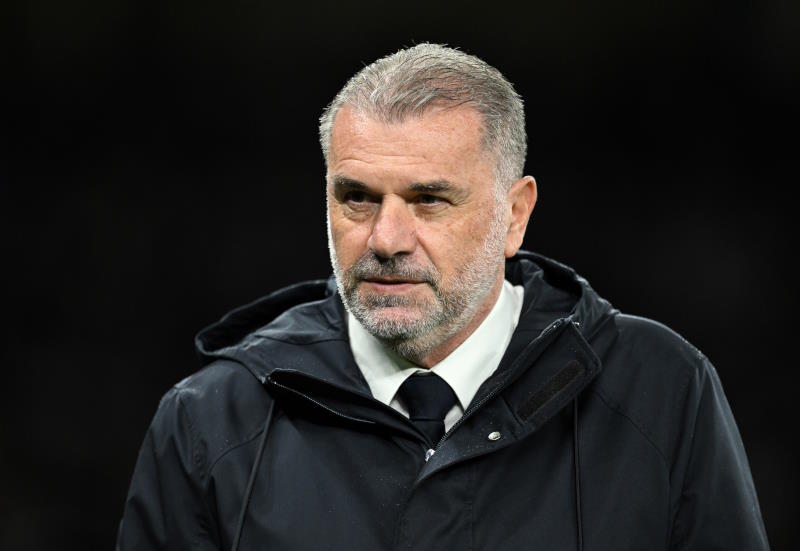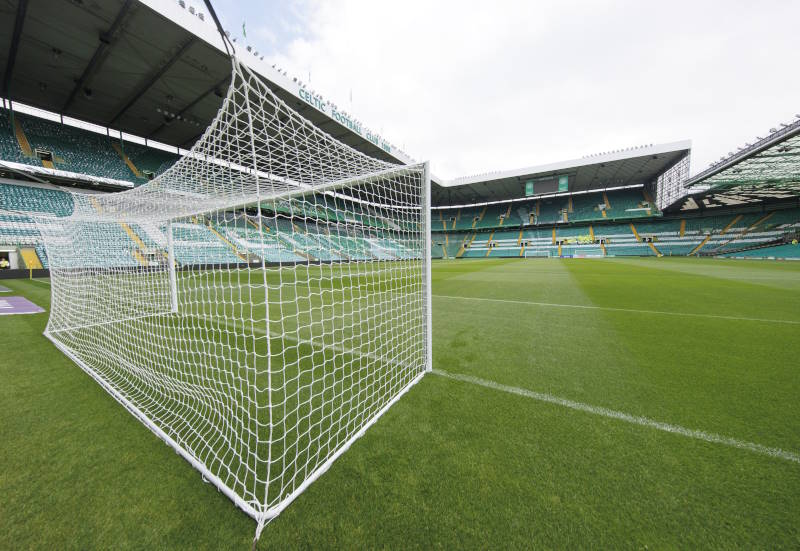
“Siberia welcomes Sir Alex”, according to one back-page headline in Russia on Tuesday morning, as little-known Sibir Novosibirsk unveiled their new Scottish head coach. For bleary-eyed Russians on the metro, returning to work after the 10-day New Year hangover graciously bestowed by the Kremlin, it was certainly a story which caught the eye.
It might not have been the Sir Alex Ferguson; not even the recent 3-0 thrashing at Newcastle United was going to see the Manchester United manager sent off for hard labour in Russia’s frozen wastes. But even so, the news that a second tier promotion outsider has snaffled the services of Rafael Benitez’s former second-in-command at Liverpool, Alex Miller, represents a surprising coup for a team with just one season of top flight football in a largely undistinguished history.
Miller himself, a long-serving player with Scottish giants Rangers and later a League Cup-winning manager at Hibernian, insists there is nothing special here: he was out of work, a team made him an offer and having previously plied his trade in Hong Kong, Japan and Sweden, moving to Novosibirsk is little more than another stamp in the passport.
But even if Russian football is more receptive to foreigners than at any time in the past, Sibir is far from a club expected to be attracting internationally-recognised coaches – and especially not ones who helped to mastermind a victory as memorable as Liverpool’s Miracle in Istanbul back in 2005.
Sibir are not a rich man’s plaything, in the style of Anzhi Makhachkala. Nor is the club a statement of corporate intent, such as Gazprom-backed Zenit St. Petersburg. And while Miller has reportedly told Scottish journalists how impressed he was with the indoor training facilities on offer, nobody would mistake the ageing Spartak Stadium in the centre of Siberia’s biggest city as a top-class footballing venue. And that pre-supposes they have seen it without a curtain of icicles and a dense carpet of snow.
Then there is the sporting culture of the city, where a population of 1.5 million or so tends to offer fairly limited support to an admittedly mediocre hockey franchise and a cup-winning volleyball side. Partly this is down to the Russian fan culture which, far from the season-ticket-touting ‘never miss a game’ brigade commonplace in the top European leagues, tends to be more inclined to pick and choose matches. Partly too, it is down to simple practicalities, with kick-off times moving at short notice and – outside the top flight – games scheduled at unpredictable intervals. The weekly round of league matches has not quite reached the lower leagues yet.
Not that Miller himself seems daunted as he announced that he believed Sibir could win promotion in the upcoming half-season which starts in March and sees the top eight of the second-tier Professional Football League play a further 14-match round robin to settle two automatic promotion spots and a further two play-off places. And he shrugged off worries about the weather – temperatures were -17 during his brief visit, but as he pointed out, Scotland gets pretty nippy as well. Even the language was not expected to be a barrier – the coaching staff he inherits apparently speaks good English, if not fluent Glaswegian just yet.
As for the former Liverpool coach’s new home, and his new charges, Miller admits he is hardly an expert. Stumbling over the name of the opposition in the one game he had seen in full on DVD (the other team were fellow promotion hopefuls Ural Yekaterinburg) and admitting he had only spent a few hours in Novosibirsk so far, made it almost impossible to give a sensible assessment of how life might be.
One major challenge will be the remoteness of life in a city which is roughly as far from Moscow as London is – but in the opposite direction. Long trips are part and parcel of life in Russia, and for all Novosibirsk bills itself as the country’s third city, it can feel surprisingly quiet on a Saturday night. For a man steeped in the passionate football and social cultures of Clyde and Mersey, the calmer waters of the Ob might be the most difficult thing to navigate.
Yet Miller is hardly the first seemingly unlikely arrival in Russia, and the track record of other foreign managers does not inspire great confidence. While Zenit have enjoyed success under Dick Advocaat and Luciano Spalletti, most international recruits have struggled to bring success. Zico won the Russian Cup with CSKA Moscow but failed to survive a full season before being replaced by Juande Ramos. The Spaniard also moved on in a matter of months, with mutterings about changes in club policy and an emphasis on developing young Russian talent. At Spartak Moscow, Michael Laudrup found it impossible to translate his Spanish successes into Muscovite medals. Meanwhile in Chechnya, the least said about Ruud Gullit’s brief spell at Terek Grozny, the better.
With Miller, perhaps uniquely, starting out in the second tier, his challenges will be very different from the high pressure, high profile roles which proved too much for the bosses above. But it all adds up to an intriguing experiment in a far-flung corner of European football.
Sibir Novosibirsk – fact file
Formed in 1936 as Burevestnik (Petrel), the club has also taken the name of Lenin’s secret police chief Feliks Dzerzhinsky and pioneering pilot Valery Chkalov. Their current name, Sibir, means Siberia and dates from 2006.
On the pitch success has been limited: promotion to the top flight for the 2010 season was followed by instant relegation as a young side was scuppered by a leaky defence despite playing some enterprising attacking football.
The 2010 season also saw Sibir play in Europe after finishing runners-up to Zenit in the Russian Cup. A qualifying win over Apollon Limassol earned a playoff tie against PSV Eindhoven, but a sensational 1-0 win in Siberia in the first leg counted for little after a 6-0 thrashing in Holland.
Of the current squad, Alexei Medvedev is perhaps the best known player. The experienced striker has had spells with Dynamo Moscow and spent last season at Rubin Kazan, but is back at the club where he has become something of a legend after firing them to that promotion in 2009 and leading the scoring charts during their Premier League campaign.

